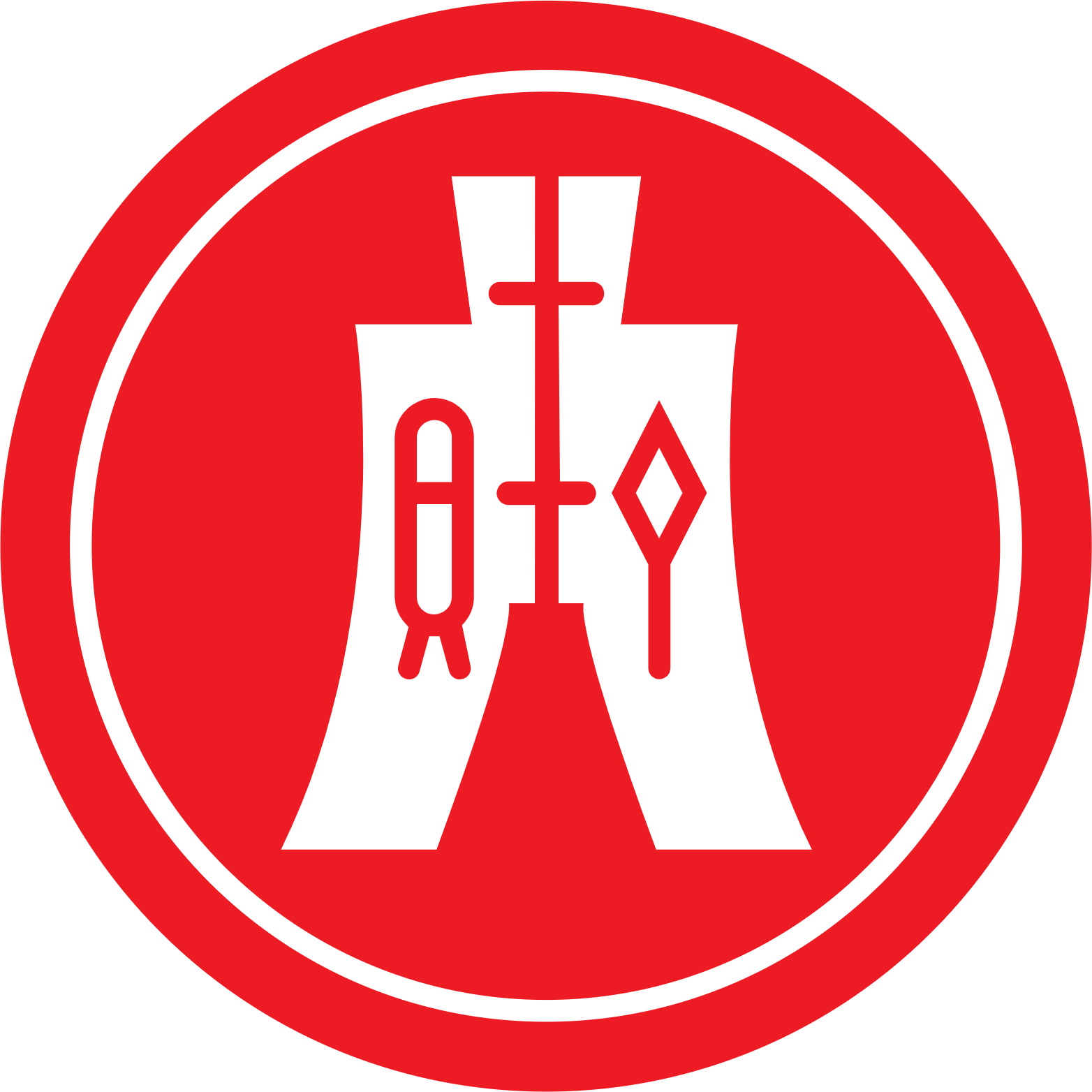ZYLOXTB(02190)
Search documents
归创通桥(02190) - 翌日披露报表
2025-09-11 09:34
公司名稱: 歸創通橋醫療科技股份有限公司 FF305 翌日披露報表 (股份發行人 ── 已發行股份或庫存股份變動、股份購回及/或在場内出售庫存股份) 表格類別: 股票 狀態: 新提交 呈交日期: 2025年9月11日 如上市發行人的已發行股份或庫存股份出現變動而須根據《香港聯合交易所有限公司(「香港聯交所」)證券上市規則》(「《主板上市規則》」)第13.25A條 / 《香港聯合交易所有限公司GEM證券 上市規則》(「《GEM上市規則》」)第17.27A條作出披露,必須填妥第一章節 。 | 第一章節 | | | | | | | | | --- | --- | --- | --- | --- | --- | --- | --- | | 1. 股份分類 | 普通股 | 股份類別 | H | | 於香港聯交所上市 | 是 | | | 證券代號 (如上市) | 02190 | 說明 | H股 | | | | | | A. 已發行股份或庫存股份變動 | | | | | | | | | | | | 已發行股份(不包括庫存股份)變動 | | 庫存股份變動 | | | | | 事件 | 已發行股份(不包括庫存股份)數 目 | ...
智通港股回购统计|9月11日





智通财经网· 2025-09-11 01:15
Summary of Key Points Core Viewpoint - Multiple companies, including Tencent Holdings and Hang Seng Bank, conducted share buybacks on September 10, 2025, with Tencent leading in both the number of shares repurchased and the total amount spent [1]. Company-Specific Summaries - **Tencent Holdings (00700)**: - Repurchased 866,000 shares for a total of 550 million [2]. - Year-to-date total repurchased shares reached 53.884 million, accounting for 0.586% of total shares [2]. - **Hang Seng Bank (00011)**: - Repurchased 210,000 shares for a total of 24.8171 million [2]. - Year-to-date total repurchased shares reached 5.91 million, accounting for 0.314% of total shares [2]. - **China Hongqiao (01378)**: - Repurchased 980,000 shares for a total of 23.7363 million [2]. - Year-to-date total repurchased shares reached 149 million, accounting for 1.590% of total shares [2]. - **MGM China (02282)**: - Repurchased 1 million shares for a total of 16.0869 million [2]. - Year-to-date total repurchased shares reached 17.6274 million, accounting for 0.464% of total shares [2]. - **COSCO Shipping (02039)**: - Repurchased 742,900 shares for a total of 5.9284 million [2]. - Year-to-date total repurchased shares reached 11.2407 million, accounting for 0.360% of total shares [2]. - **Coolpad Group (02369)**: - Repurchased 1,036,000 shares for a total of 1.3156 million [2]. - Year-to-date total repurchased shares reached 11.595 million, accounting for 2.831% of total shares [2]. - **Other Notable Companies**: - Various companies such as Weigao Group, Mengniu Dairy, and others also participated in share buybacks, with amounts and shares varying significantly [2].
归创通桥9月10日斥资128.85万港元回购5万股
Zhi Tong Cai Jing· 2025-09-10 12:23
Core Viewpoint - The company, Guichuang Tongqiao (02190), announced a share buyback plan, indicating confidence in its stock value and future prospects [1] Group 1: Share Buyback Details - The company plans to repurchase 50,000 shares at a total cost of HKD 1.2885 million [1] - The buyback price per share ranges from HKD 25.38 to HKD 26.16 [1]
归创通桥(02190)9月10日斥资128.85万港元回购5万股
Zhi Tong Cai Jing· 2025-09-10 10:17
Group 1 - The company, Guichuang Tongqiao (02190), announced a share buyback on September 10, 2025, spending HKD 1.2885 million to repurchase 50,000 shares [1] - The buyback price per share ranged from HKD 25.38 to HKD 26.16 [1]
归创通桥(02190) - 翌日披露报表
2025-09-10 10:07
FF305 翌日披露報表 (股份發行人 ── 已發行股份或庫存股份變動、股份購回及/或在場内出售庫存股份) 表格類別: 股票 狀態: 新提交 公司名稱: 歸創通橋醫療科技股份有限公司 呈交日期: 2025年9月10日 如上市發行人的已發行股份或庫存股份出現變動而須根據《香港聯合交易所有限公司(「香港聯交所」)證券上市規則》(「《主板上市規則》」)第13.25A條 / 《香港聯合交易所有限公司GEM證券 上市規則》(「《GEM上市規則》」)第17.27A條作出披露,必須填妥第一章節 。 | 第一章節 | | | | | | | | | --- | --- | --- | --- | --- | --- | --- | --- | | 1. 股份分類 | 普通股 | 股份類別 | H | | 於香港聯交所上市 | 是 | | | 證券代號 (如上市) | 02190 | 說明 | H股 | | | | | | A. 已發行股份或庫存股份變動 | | | | | | | | | | | 已發行股份(不包括庫存股份)變動 | | | 庫存股份變動 | | | | | 事件 | 已發行股份(不包括庫存股份)數 目 | ...
归创通桥9月9日斥资130.78万港元回购5万股
Zhi Tong Cai Jing· 2025-09-09 09:41
归创通桥(02190)发布公告,于2025年9月9日斥资130.78万港元回购5万股股份。 ...
归创通桥(02190)9月9日斥资130.78万港元回购5万股
智通财经网· 2025-09-09 09:38
智通财经APP讯,归创通桥(02190)发布公告,于2025年9月9日斥资130.78万港元回购5万股股份。 ...
归创通桥(02190) - 翌日披露报表
2025-09-09 09:33
翌日披露報表 (股份發行人 ── 已發行股份或庫存股份變動、股份購回及/或在場内出售庫存股份) 表格類別: 股票 狀態: 新提交 公司名稱: 歸創通橋醫療科技股份有限公司 呈交日期: 2025年9月9日 如上市發行人的已發行股份或庫存股份出現變動而須根據《香港聯合交易所有限公司(「香港聯交所」)證券上市規則》(「《主板上市規則》」)第13.25A條 / 《香港聯合交易所有限公司GEM證券 上市規則》(「《GEM上市規則》」)第17.27A條作出披露,必須填妥第一章節 。 | 第一章節 | | | | | | | | | --- | --- | --- | --- | --- | --- | --- | --- | | 1. 股份分類 | 普通股 | 股份類別 | H | | 於香港聯交所上市 | 是 | | | 證券代號 (如上市) | 02190 | 說明 | H股 | | | | | | A. 已發行股份或庫存股份變動 | | | | | | | | | | | | 已發行股份(不包括庫存股份)變動 | | 庫存股份變動 | | | | | 事件 | 已發行股份(不包括庫存股份)數 目 | | 佔有關事件 ...
归创通桥(02190.HK)9月8日耗资70.21万港元回购2.7万股
Ge Long Hui· 2025-09-08 10:20
Group 1 - The company, Gree Chuang Tong Qiao (02190.HK), announced a share buyback on September 8, 2023, spending HKD 702,100 to repurchase 27,000 shares [1] - The buyback price per share ranged from HKD 25.84 to HKD 26.14 [1]
归创通桥9月8日耗资70.21万港元回购2.7万股
Zhi Tong Cai Jing· 2025-09-08 10:19
Group 1 - The company, Guichuang Tongqiao (02190), announced a share buyback on September 8, 2025, spending HKD 702,100 to repurchase 27,000 shares [1]